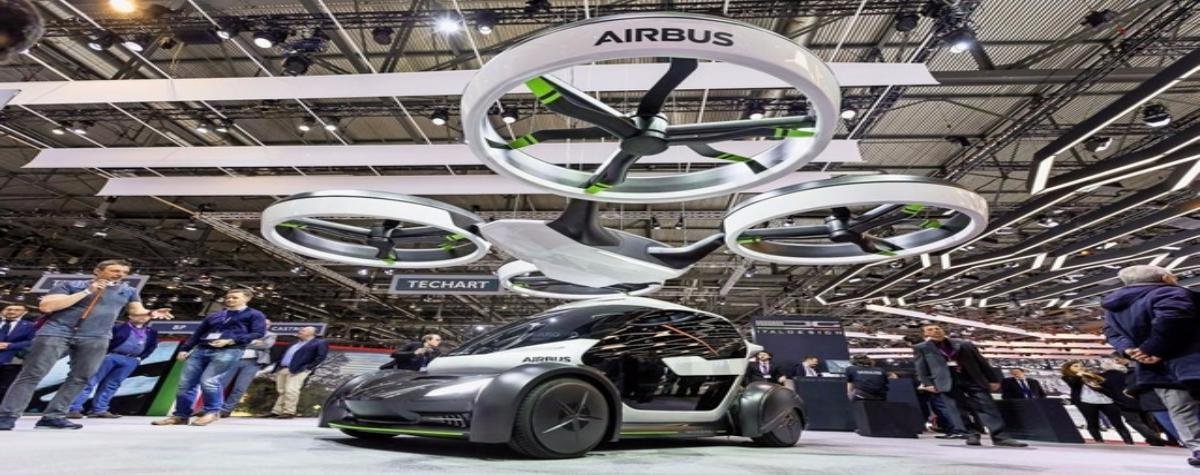A few days after its first electric city car was presented, Honda announced the end of its production of diesel cars and the complete electrification of its range.
It was in Frankfurt, at the last meeting of the world car, that Honda officially crossed the path of the electric. On 19 September, the veil was lifted on the Honda e, a 100% electric city car, which the Japanese firm wants primarily to market on the European market. Competition with the next Mini Cooper SE, with which it shares a common launch date: 2020.
The Honda e, will be the first 100% electric car of Honda, after the brand began the electrification of its range with the arrival of hybrid versions of Jazz, Civic and CR-V. A beginning that will lead to a complete electrification of the range by 2025.
Honda announces the end of diesel, and the complete electrification of its range
It was through a dispatch of the British announcement Reuters that the announcement was made. The Tokyo firm, born in 1948, announces its plans to accompany the ecological transition for the years to come. On the program, Honda will end the production and commercialization of its diesel powered models. An announcement followed by another, in tune with the automakers: By 2025, all models will have an “electrified” version. In other words, the full range of Honda cars will have hybrid and electric versions.
The new Honda e will come out in 2020, and this is primarily because of the obligation to align with European ecological standards, which will harden from next year. Car manufacturers will have to comply with the CO2 emissions targets, “95 grams per kilometer for 95% of cars, compared to an average of 120.5 grams today,” Reuters said.
Consequences for employment
Despite these good ecological wishes (although, this is obviously discussed), Honda does not see this new energy transition of the best eye. Its European production should indeed be impacted by the measure, as Reuters pointed out in its dispatch.
As a reminder, last February, the Japanese firm said that “the decline in demand for diesel vehicles and the tightening of emissions regulations have darkened its manufacturing prospects in Europe.” Within two years, one of its factories in England will close due to the end of diesel engine production. In the end, 3,500 jobs should be lost. For now, Honda has not yet said whether these many positions will be trained to work on other production activities. But offshoring should be certain.
In addition, the reduction of these costs will also be a means for the third Japanese car manufacturer, to be able to reorient its funds towards research and development of its next vehicles and technologies. By then, Honda will continue to introduce 100% electric models, as it just did at the Frankfurt Motor Show








